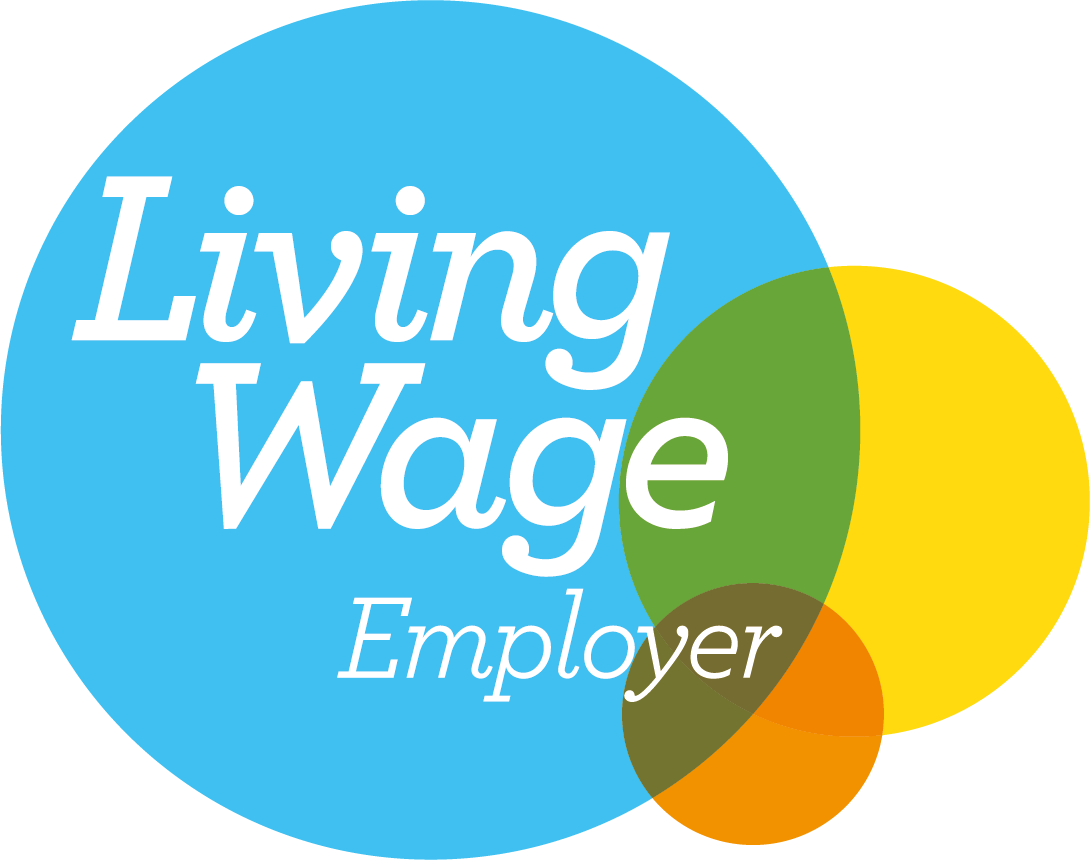CBT is an evidence-based talking therapy to treat problems such as:
- Anxiety disorders
- Depression and low mood
- Insomnia
- Long-term health conditions
It is recommended by the National Institute for Health and Care Excellence (NICE).
CBT aims to make you feel better by giving you the tools to change how you respond to certain situations, and helping you to manage negative thoughts.
What happens in CBT sessions?
Sessions are normally offered for up to one hour per week.
The early sessions will focus on helping you to understand how certain situations, thoughts, emotions, physical feelings, and behaviours are causing you difficulties.
Identifying these patterns can help you to deal with problems that feel overwhelming, by breaking them down into smaller parts.
Each CBT session starts by agreeing an agenda with your therapist. Together, you will set a range of tasks to complete outside of your weekly session, to practise the skills in your own daily life.
As with learning anything new, it’s important to practise regularly. Each time you meet your therapist, you will review how these tasks went and set a new plan together.
At the end of treatment, you will use the things you have learned to create a ‘staying well plan’ that you can use as a toolkit for the future.





















 Powered by
Powered by